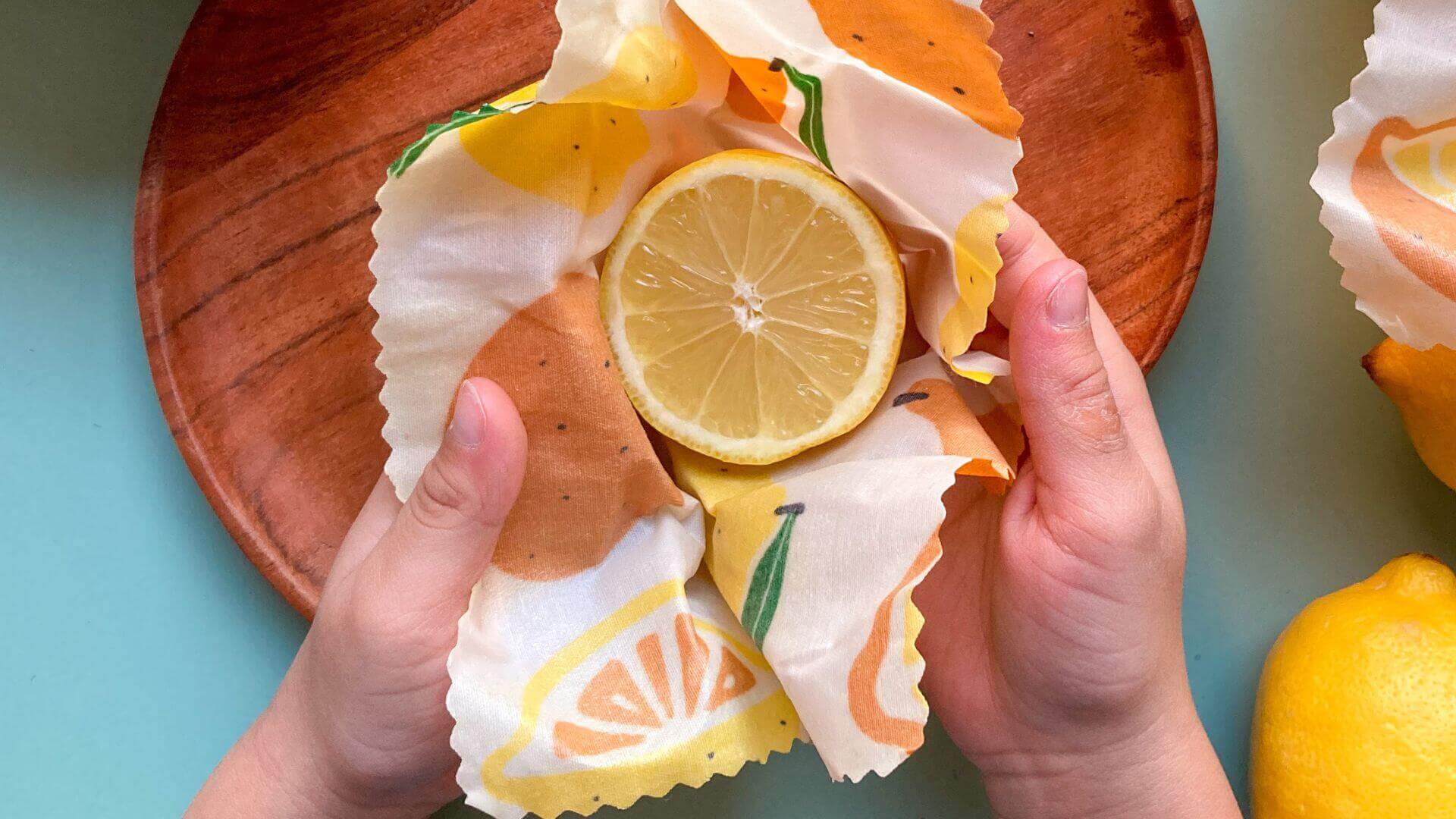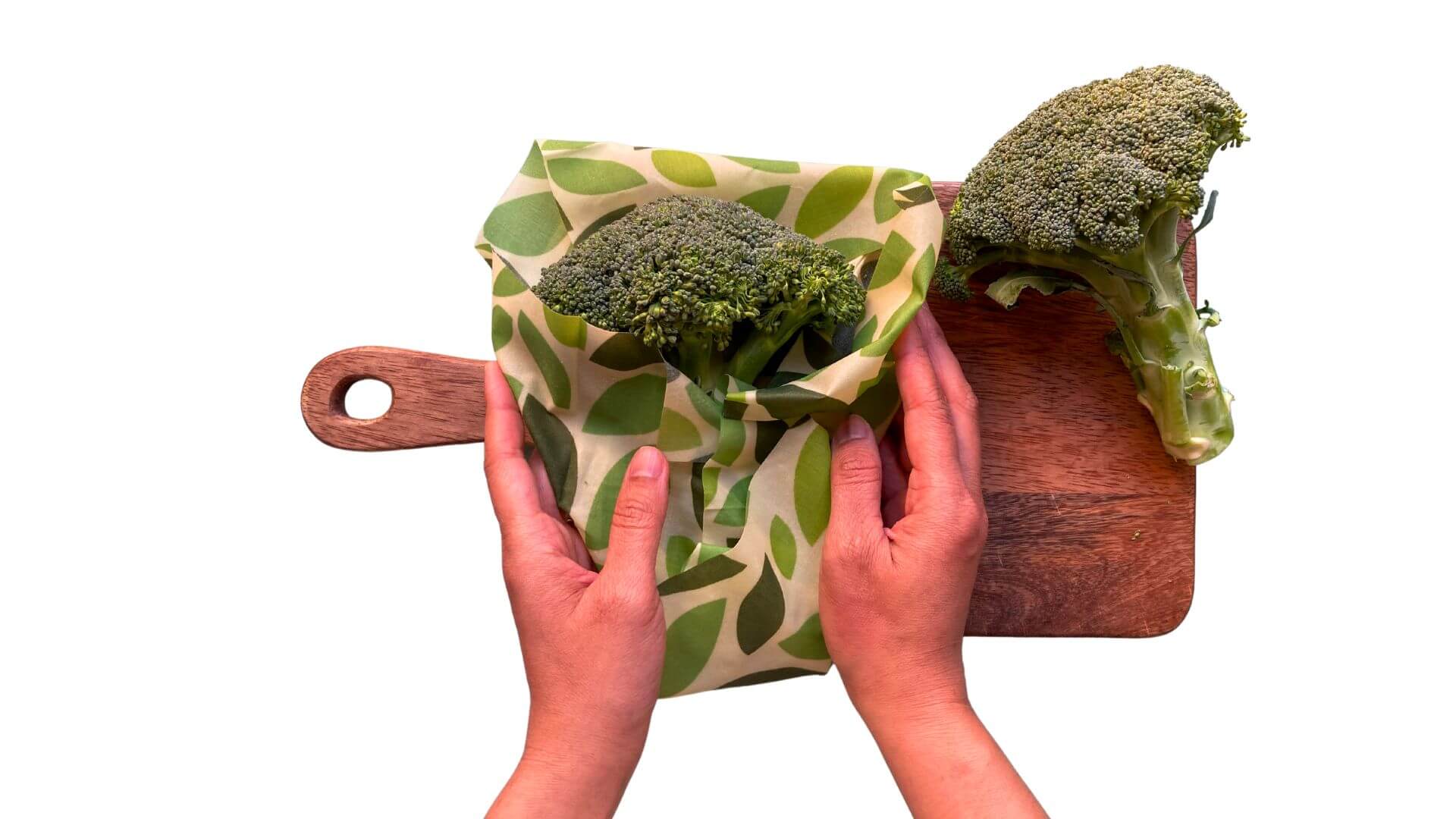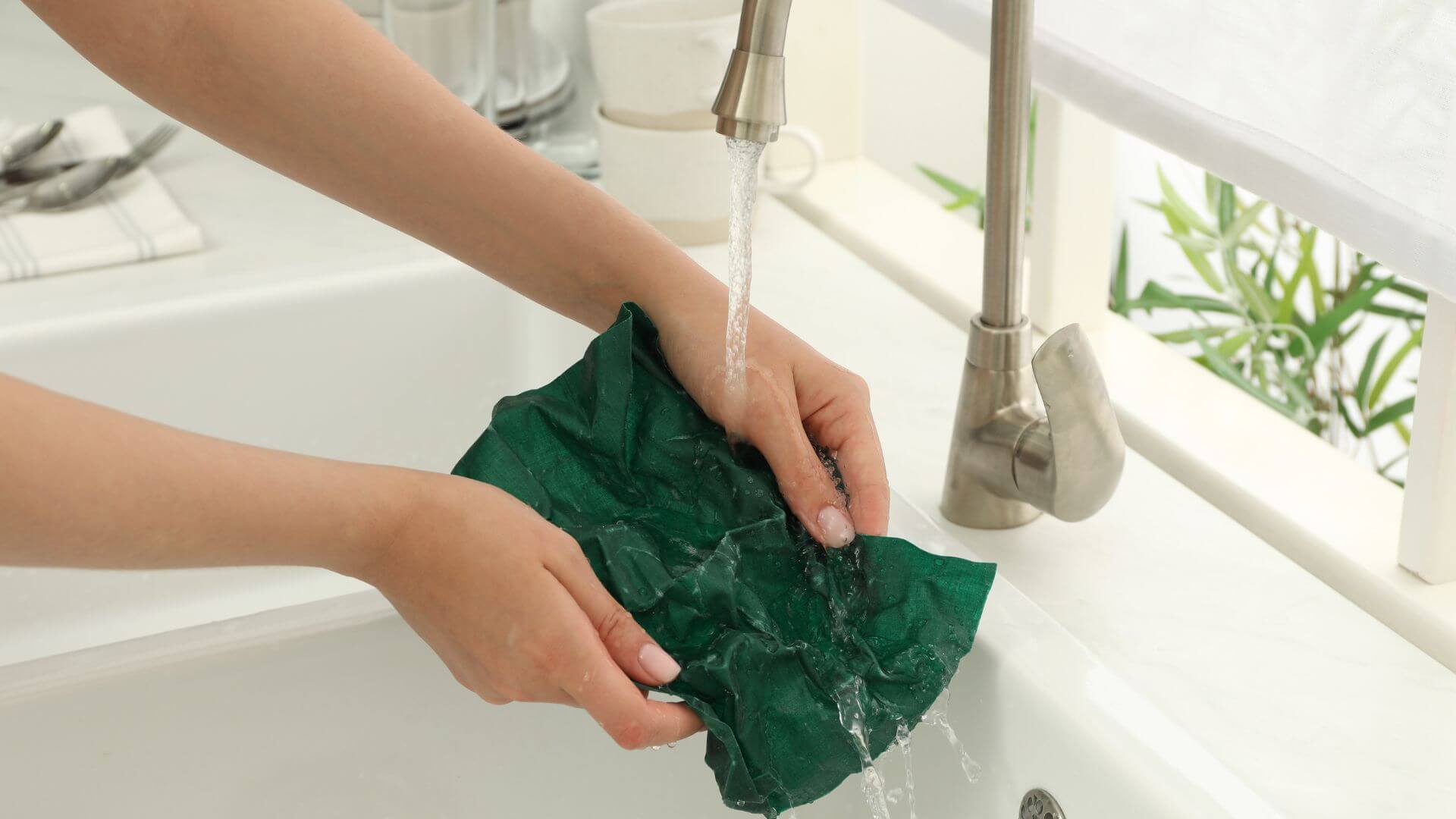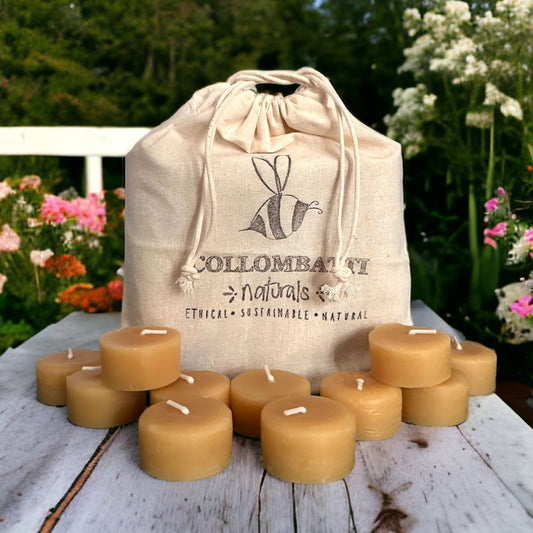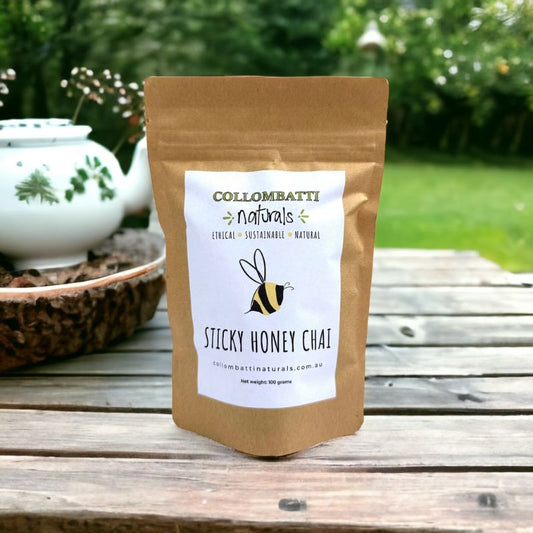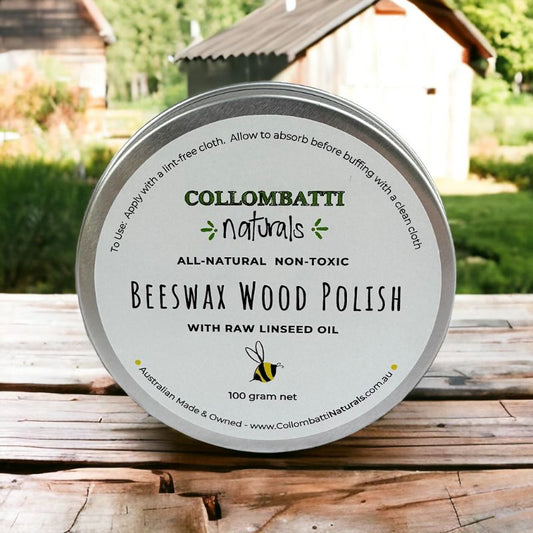
Discover Beeswax Wraps: Your Ultimate FAQ Guide!
Share
Welcome to our FAQ all about Beeswax Wraps!
If you've been wondering about anything related to making and using beeswax wraps, you've come to the right place.
We're excited to provide answers to some of your most frequently asked questions. However, if you have any additional questions, feel free to reach out to us using our contact form. We're always happy to help.
Now, let's dive into the wonderful world of beeswax wraps!
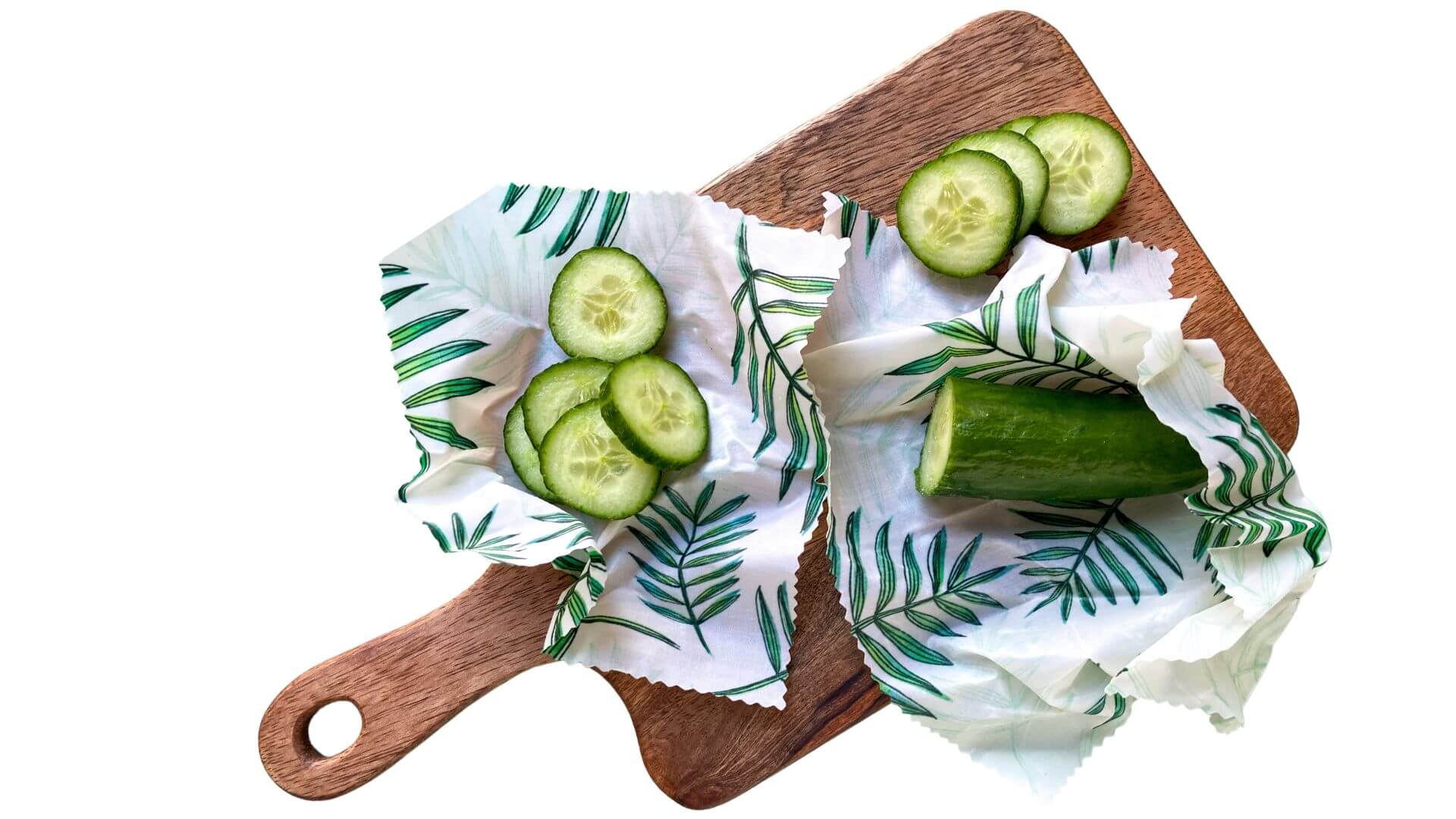
Why Use Beeswax Wraps?
Beeswax wraps are an absolute game-changer in our mission to combat the environmental disaster caused by single-use plastics.
Plastic has a massive toxic impact on our planet, harming humans, animals, waterways, and oceans. Sadly, studies show that by 2050, there may be more plastic in our oceans than there are fish.
Beeswax wraps are an eco-friendly alternative that can be used for 6-12 months and then either re-waxed or composted when the beeswax coating has worn off.
So let's join forces, bid farewell to plastic, and embrace the earth-loving magic of beeswax wraps!
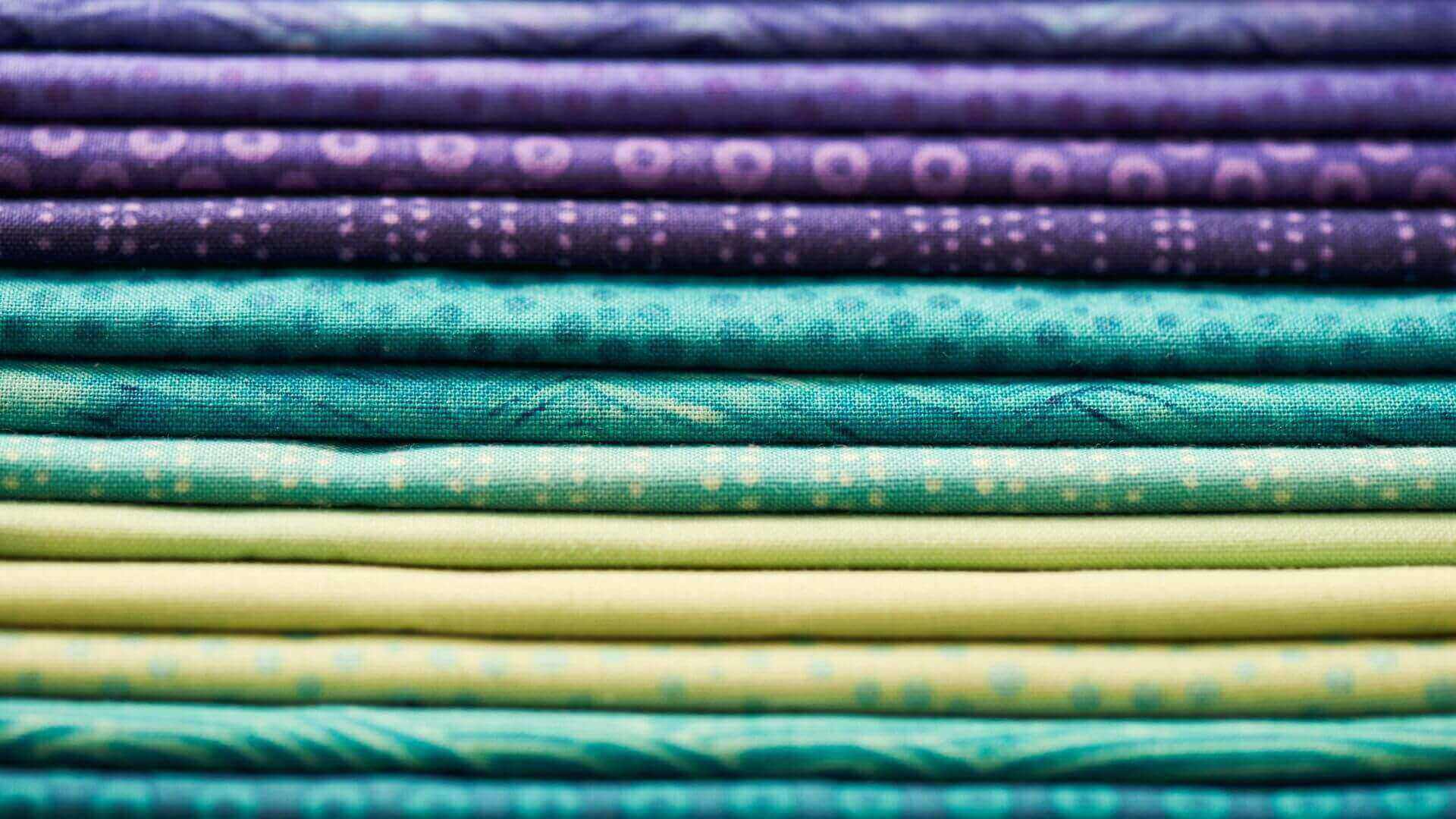
What Material Should I Use for Making Beeswax Wraps?
For the best results, go for 100% cotton material with a medium weave – this natural fabric lets your wraps breathe and keeps your food oh-so-fresh!
Now, here's a tip for you: thick cotton like calico works just fine, but it will absorb a lot more beeswax mix so keep that in mind when choosing your materials.
On the flip side, thin materials can also work well, but they might not hold as much beeswax mix, which means they could wear out quicker.
Quilting fabrics are the bee's knees for making pretty wraps – they're the perfect thickness, plus they come in a dazzling array of colours and designs.
But don't forget you can also give a second life to your old (but clean) cotton sheets, pillowcases, and tea towels – they can be transformed into fabulous wraps too!
How to Use a Beeswax Wrap?
Using a beeswax wrap is super easy!
Just place the wrap over the item you want to cover and let the warmth of your hands mould the wrap around the item. And voila! It seals the wrap keeping your food fresh and ready to enjoy.
What Can I Use Beeswax Wraps For?
Oh, the possibilities are endless!
Beeswax wraps can do so many things, making them an essential part of your kitchen and on-the-go lifestyle:
• Cover leftovers in bowls, plates, or cups instead of using cling wrap (remember to remove the wrap before reheating the food).
• Pack your work or school lunches by using beeswax wraps to cover cut-up fruits and vegetables.
• For smaller foods like nuts and raisins, you can make cute little bundles using small square wraps. Get crafty and create little beeswax wrap bags too!
• Small square wraps are also handy for covering the cut ends of cucumbers, zucchinis and carrots etc.
• Keep your whole vegetables like cauli and broccoli fresher for longer by wrapping them in beeswax wraps
• Store your fresh bread, rolls, and pastries in a large beeswax bag, keeping them delicious and fresh.
• When traveling, protect your toothbrush with a small wrap, no need for a plastic cover anymore!
• Carry wet soap or a face washer in a wrap – it breathes, so no more soggy or smelly messes.
And remember, these are just a few ideas. Let your creativity flow, and you'll be amazed at what you can use wraps for!
What Can't Beeswax Wraps Do?
Beeswax wraps are fantastic, but there are a couple of things to keep in mind.
Since they can't be washed in hot water, it's best not to use them for wrapping raw meat or fish.
Also, while they can handle strong-smelling foods like onions, the smell might linger. No worries, you can always dedicate a wrap specifically for onions!
How Do You Clean Beeswax Wraps?
Cleaning your beeswax wraps is a breeze!
Simply wipe them over with a warm, damp cloth or gently swish them in warm water with a mild, natural detergent.
After rinsing them in fresh water, make sure to let them dry thoroughly before storing.
Avoid using abrasive cloths, scrubbers or hot water, as they might remove the beeswax coating.
Ready to take the first step in creating your very own beeswax wraps? Your journey starts now! Dive into the magic of DIY beeswax wraps by ordering your Beeswax Wrap kit today!
Happy creating, wrapping and caring for your beeswax wraps!


